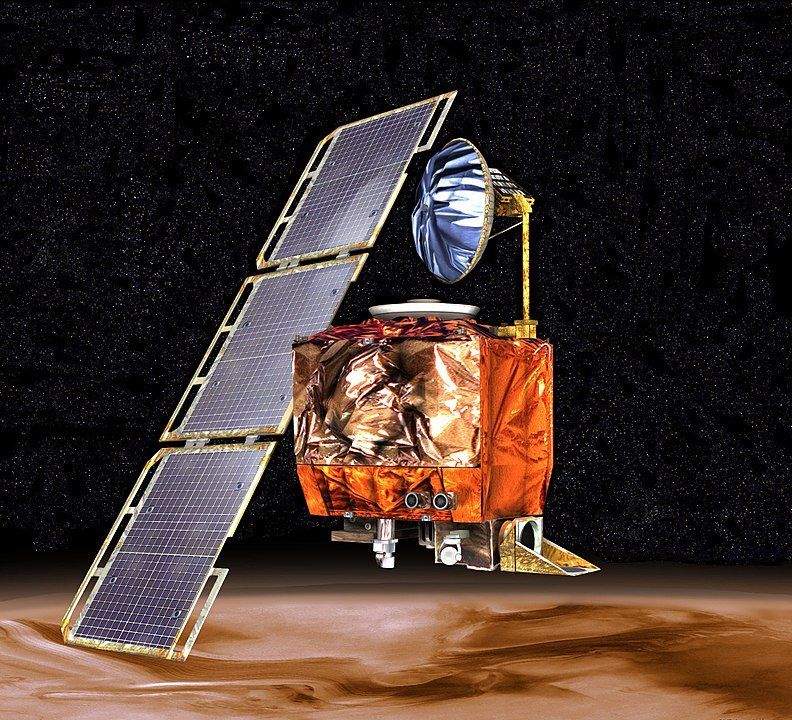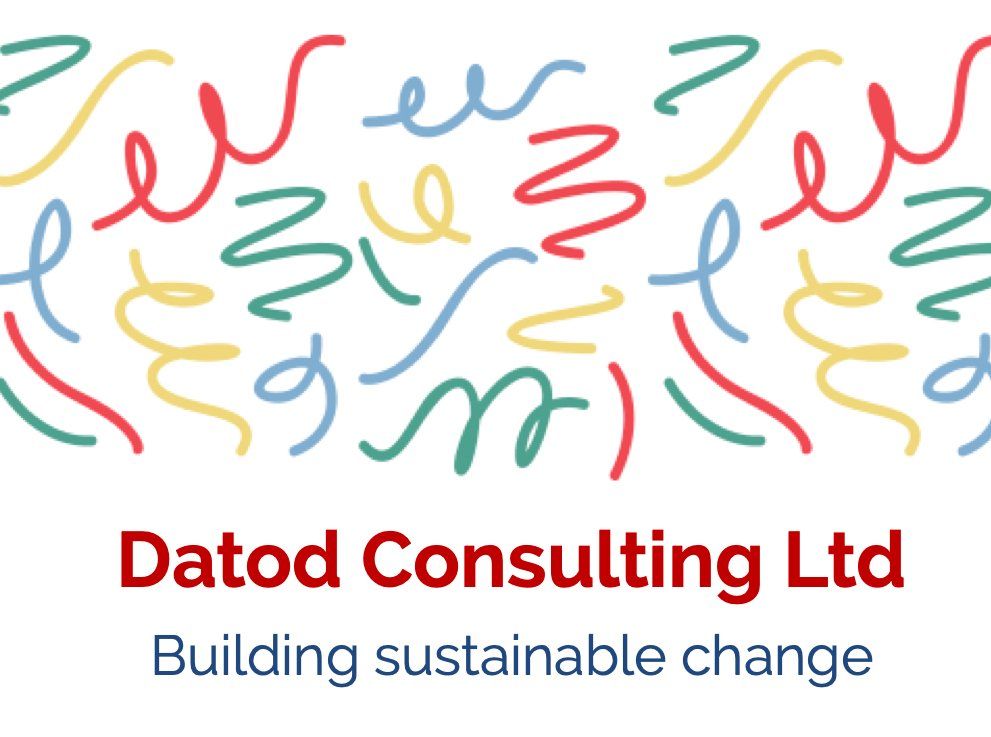Why Projects Fail – Lessons from NASA

We’ve all had projects that didn't quite work out as planned, but thankfully most haven’t cost over $300 million and many years of work down the pan.
On September 23rd 1999 NASA lost touch with its Mars Climate Orbiter designed to land on the Martian surface. After nine and half months of travelling - suddenly silence. The orbiter was gone.
The investigation that followed concluded that the failure was primarily technical and there were engineering reasons why the orbiter was lost, attributed to failure to use metric units in the coding of a software file that controlled the vehicle.
Years later a retrospective review of the incident concluded that the failure could have been prevented if a better project management system had been put in place at the time (1).
Certainly, to this day there are still a growing number of projects that are over-budget and overdue, again and again (2). There is still an unanswered question. Why given the growing range of project management methodologies out there, all competing for our attention, why do projects still fail
?
Even a cursory review of what’s available shows it’s not for lack of approaches: Waterfall, Agile, Hybrid, Scrum, Critical Path Methods, Critical Chain Project Management, Integrated Project Management, Prism, Prince2.. the list goes on and on.
But in truth most projects aren’t big, and we don’t often get the opportunity to lose a Martian Orbiter in our day job. Most projects are relatively small and modest but are the bread and butter of self-improvement and growth in virtually every organisation. But sadly, often these projects don’t deliver what we expect, for a myriad of reasons. These include scope-creep, lack of management support, conflicting priorities etc and I'm sure you could come up with many more.
But the main reason, in my view, they don’t deliver is we set them up to fail. We don’t give people leaders the basic training to do the job. It’s like asking someone to drive a car without any lessons - “ You’ll get the hang of it. “ .
None of the methodologies above are magic. They are just collection of common-sense. Though anyone selling you the methodology would probably beg to differ. But it is common sense that is often thrown out of the window in the rush to crack on with that latest shiny project.
Datod have put together a 88 slide downloadable, editable training deck covering some of the best practice advice from the world of
project-management.
Start getting your organisation more capable in delivering projects on time on budget, and with a little practice you may even consider giving NASA a call.
(1) Why projects fail ? How contingency theory can provide new insights – A comparative analysis of NASA;’s Mars Climate Orbiter loss. 2009 Sauser, B. J., Reilly, R. R. and Shenhar, A. J. Int. J. Project. Manag. 27, 665-679.
(2) Over budget, over time, over and over again Peter W. G. Morris, Jeffrey K. Pinto, and Jonas Söderlund, 2011, eds., The Oxford Handbook of Project Management (Oxford University Press), pp. 321-344.

